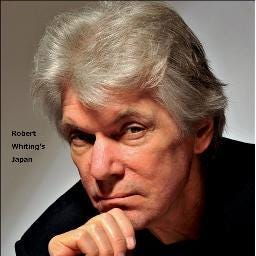Scandals in Japanese politics a never-ending saga
Last in a two-part series
TOKYO — Yomiuri Shimbun reporter Tsuneo Watanabe, now the editor-in-chief of Yomiuri Holdings at age 93, told me in 1968 that in his opinion Nobosuke Kishi and Eisaku Sato, brothers and fellow prime ministers in the 1950’s, 60’s and 70’s, were the two most corrupt politicians he had ever met.
“Japanese politics is dirty,” he liked to say. “It’s all about money. Not policy. Only money. “
Watanabe absolutely despised Sato, the elephant-eared, prime minister of Japan from 1962-1972. Sato, son of a samurai turned sake brewer, was the younger brother of the aforementioned Kishi, the American puppet and CIA favorite. Watanabe thought he was corrupt to the core and indeed the PM’s tenure at the top was engulfed in a string of corruption scandals that earned the nickname the “Black Mist.” Among them were bribes paid by the Kyowa sugar company to LDP politicians for help in obtaining $20 million in loans, Sato’s Transportation Minister arranging for an express train to stop at his local hometown station, an LDP Diet member extorting businessmen for money, the head of the Self-Defense Force using YS-11 for private use, and the speaker of the Lower House dealing in fraudulent bank drafts (“tegata”) (All occurred in 1966. )
Keep reading with a 7-day free trial
Subscribe to Robert Whiting's Japan to keep reading this post and get 7 days of free access to the full post archives.




